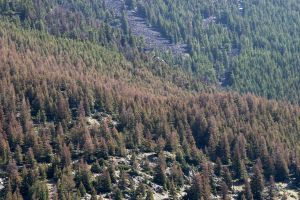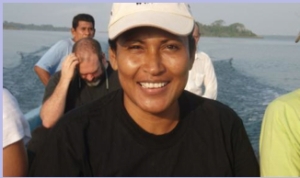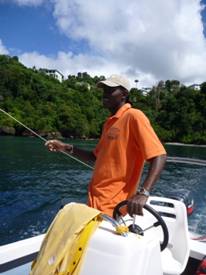I just received this email from Eli Fuller, which I am going to post in full. Conservation is so vital in small islands like Antigua – there is so much at stake and it is a shame when one person chooses to stand in the way of progress. Please like the Antigua Conservation Society facebook page and join the Antigua Conservation Society!
You can see the petition Eli is referring to here Below is the email in which he describes the situation.
Dear petitioners, on behalf of the Antigua Conservation Society, I would like to thank you for your patience over the past few months. We have held off delivering these signatures to the Prime Minister for several reasons. Our goal was and still is to have new fisheries regulations signed by the minister responsible for fisheries. The 2004 Fisheries Act and it’s regulations had been sitting on the Minister’s desk for years awaiting his signature. To get to that point The Fisheries Division orchestrated consultations between stakeholders and fishers from Antigua and Barbuda. Consultants were hired and the laws and regulations were developed using input from all of these people. The Act was passed and all that needed to happen was Hilson Baptiste, Minister responsible for Fisheries, needed to sign the regulations. Year after year they remained unsigned and the marine environment suffered more and more. Everyone complained but the Minister just wouldn’t sign.
A few days after we started this petition to the Prime Minister asking him to get involved, The Minister responsible for Fisheries announced in the local media that he was going to sign these regulations at long last, but wanted a fresh round of consultations to happen first between the Fisheries Division, stakeholders and fishers.
This put us in a unexpected position and we decided that we would wait to see the outcome of these consultations before we took our petition to the Prime Minister.
The consultations were extensive and well managed both here and in Barbuda. Once again all interested parties got together to speak about the Act and it’s regulations and potential changes. One of the outcomes was that fishers actually wanted stronger conservations measures within the regulations. Finally when everything had been drafted up, Chief Fisheries Officer, Cheryl Appleton delivered the new regulations to the Minister. He received them from his Ministry’s top Fisheries officer on September 14th. A few days later a reporter from http://www.caribarena.com asked him when he would sign now that he had what he wanted on his desk once again. Astonishingly, he replied that he hadn’t read them yet but that whatever happened he wouldn’t sign them until there was more consultations just to make sure that his Fisheries people got it right.
It seems that so many of the pessimists have been right all along by saying that the Minister responsible for Fisheries had no intention of signing any new regulations which would be more conservation minded. We are still using regulations from way back in 1990 to manage our waters and so much has changed since then in those waters. It’s a terrible shame that the Minister seems to be doing anything he can to not sign these regulations and help our marine ecosystem.
With that in mind we have printed your comments and your signatures and when the Prime Minister returns to the island we will be delivering them to him. Of course this may not be enough. We have been advised by our legal team that legal action may need to be taken to protect some crucial marine species which are threatened with extinction in our waters. The ever increasing use of gill nets along the outer reefs is killing so many crucial species. Without these species the reefs will completely die out allowing more ocean surge to get to our shores. The effects for this little country could be devastating. If we get to the point where legal action is taken, the Antigua Conservation Society will need a larger membership. Becoming a member is free, but you do need to email us on antiguaconserve@gmail.com with your name and address telling us “I want to be a member of the Antigua Conservation Society.”
Thanks again for signing our petition and for reading this update.
I hope to have better news for you in the near future.
Eli Fuller
http://www.facebook.com/AntiguaConservationSociety




